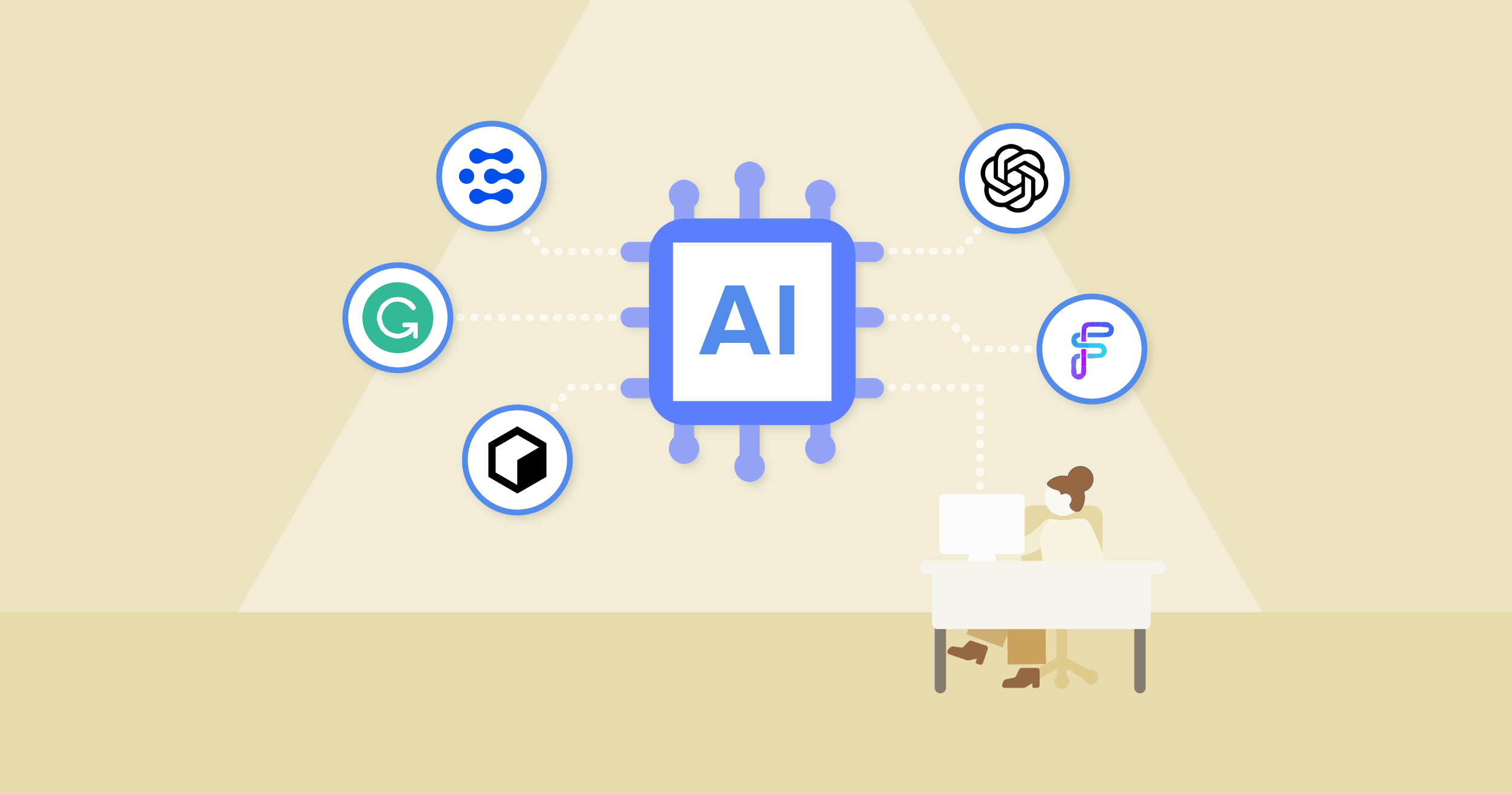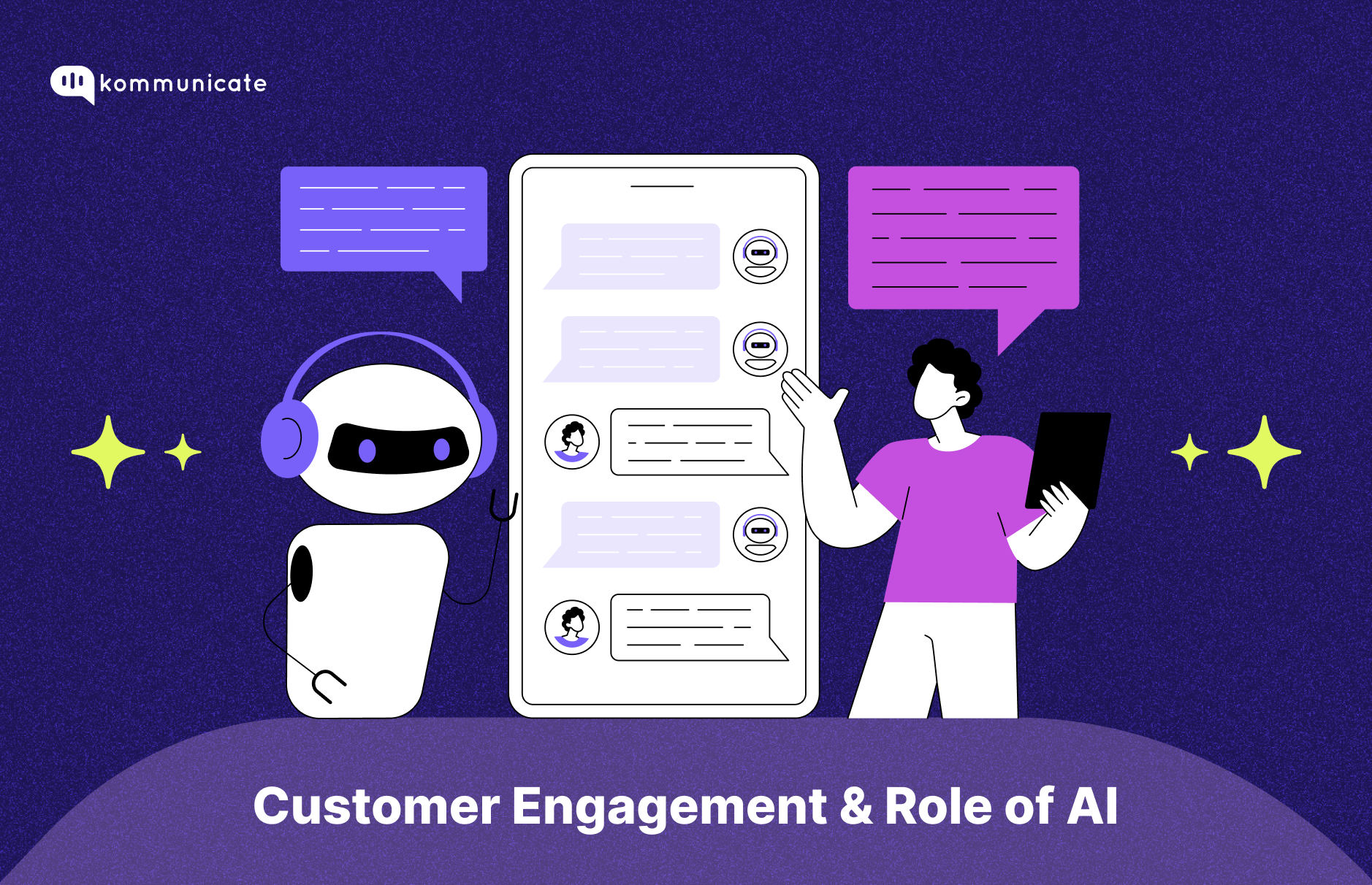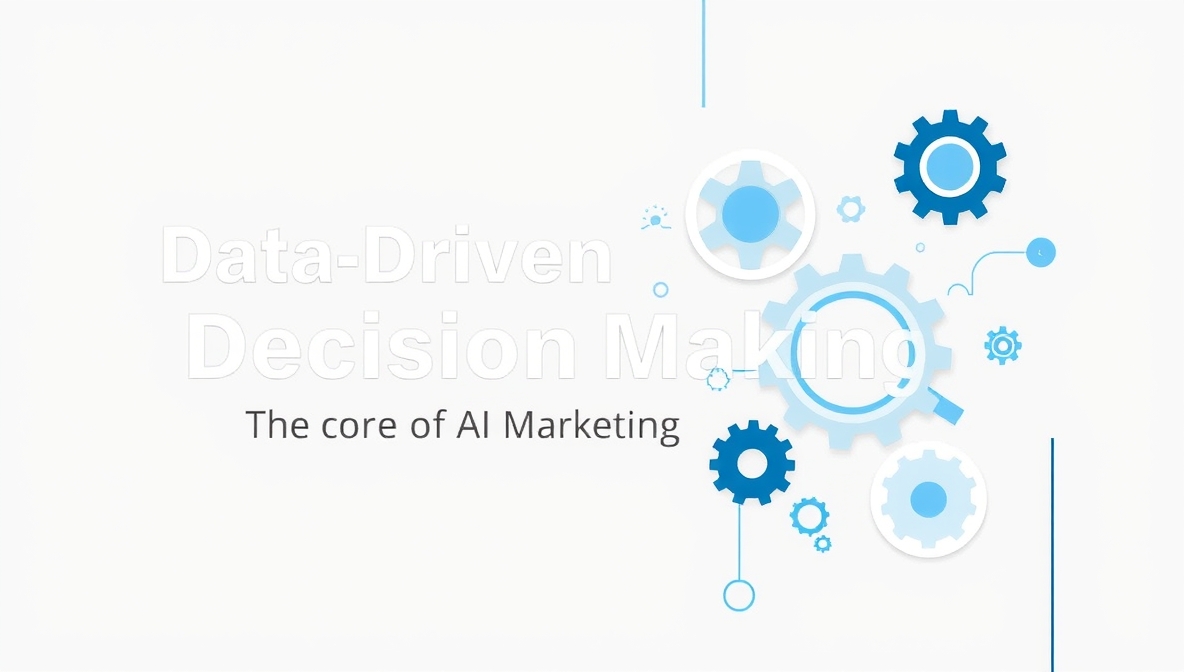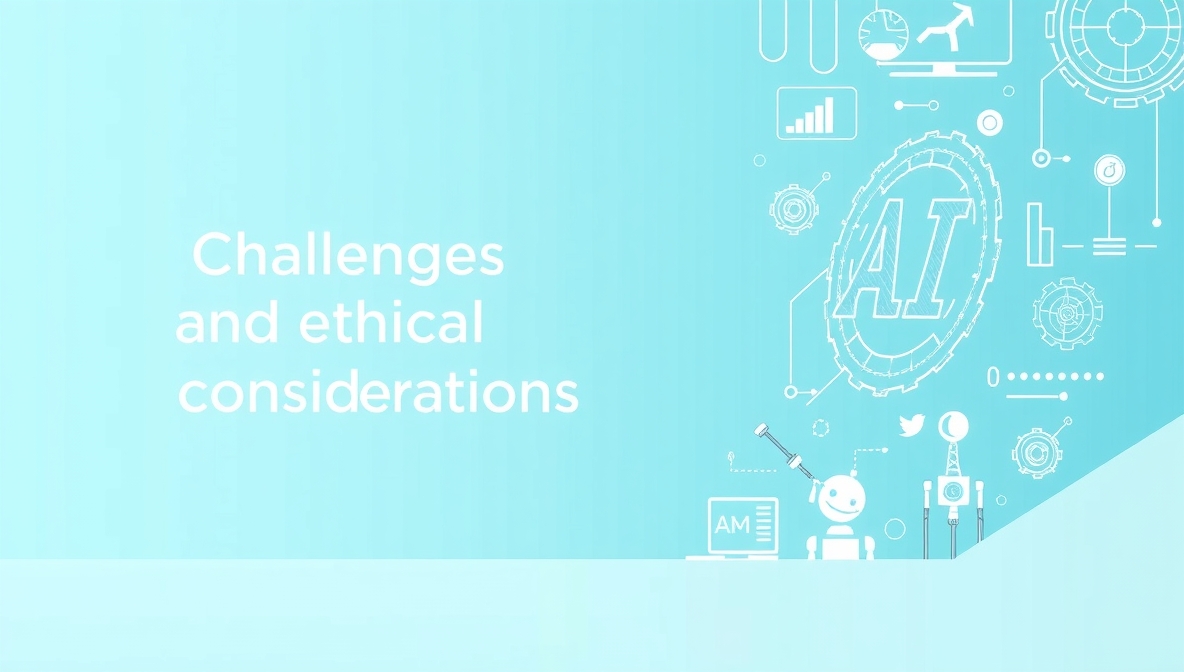The AI Wave in Marketing
Marketing has never been static—it’s always evolved with culture, technology, and consumer behavior. But today, we’re not just talking about evolution; we’re staring at a revolution. Artificial Intelligence is rewriting the rules of marketing. From automating tasks once handled by junior executives to predicting customer behavior with uncanny accuracy, AI is turning marketing into a sharper, faster, and infinitely more strategic game.
Singapore, with its forward-thinking tech ecosystem and global business hub status, sits right at the epicenter of this marketing transformation. Local agencies aren’t just adopting AI—they’re wielding it with precision, turning data into insights and insights into results. This is where the hidden playbook comes alive. If you’re curious about how agencies here are driving campaigns that hit harder, scale faster, and convert better, you’re in the right place.
The truth is, those who resist AI in marketing will soon find themselves obsolete. The ones who embrace it? They’ll thrive in an era where creativity and machine intelligence blend seamlessly. Singapore’s agencies have already cracked this code—and their secrets are worth uncovering.
Why AI is Reshaping Singapore’s Marketing Landscape
In Singapore, marketing is not just about visibility—it’s about dominance in an increasingly crowded digital space. Traditional campaigns that once relied heavily on gut instinct and mass targeting are being replaced by AI Marketing strategies built on precision and personalization.
The city-state’s competitive edge lies in its ability to adapt quickly to global trends, and marketing agencies here are no exception. With AI, these agencies can analyze consumer data in real time, segment audiences with surgical accuracy, and optimize campaigns on the fly. This isn’t just efficiency; it’s transformation at scale.
What’s truly reshaping the landscape is the predictive power of AI. Instead of guessing what customers might want, AI tools can anticipate their needs, behaviors, and even emotional triggers. For businesses, that means less wasted ad spend and more meaningful engagement. For consumers, it translates into marketing that feels less like noise and more like value.
Singapore’s agencies are at the forefront of this shift, not just following global best practices but creating them. It’s no surprise that businesses seeking a competitive advantage in Asia are looking to local experts to unlock the full potential of AI in their marketing efforts.

Top AI Tools Agencies in Singapore Rely On
If you want to know how Singapore’s agencies are winning, look at their toolbox. These aren’t just apps or dashboards—they’re powerful engines driving smarter campaigns. At the core, AI tools fall into three key categories: automation, analytics, and personalization.
- Automation Platforms: Tools that streamline repetitive processes like scheduling, A/B testing, and campaign reporting. This frees marketers to focus on strategy rather than grunt work.
- Predictive Analytics: Platforms that process massive data streams, identifying patterns and predicting consumer behavior. Agencies use these insights to time campaigns with near surgical precision.
- AI-Driven Content Tools: Systems that generate content ideas, optimize headlines, or even draft messaging aligned with brand tone and audience needs.
But tools are only as powerful as the hands that wield them. Singapore’s leading agencies, like i2 Communication, know how to integrate these systems into strategies that go beyond the dashboard. It’s not just about plugging into AI—it’s about training it, aligning it with brand goals, and refining campaigns with real-world feedback.
The result? Campaigns that don’t just perform better but evolve faster than the competition can react. This adaptive advantage is what keeps Singapore’s agencies ahead of the curve.

How AI Personalization Drives Consumer Engagement
Consumers today demand relevance. They scroll past generic ads without a second thought, but when marketing feels personal—like it’s speaking directly to them—that’s when engagement soars. And nothing fuels personalization like AI.
Singapore agencies leverage AI to move far beyond basic demographic targeting. With machine learning models, they track customer journeys across multiple touchpoints, building dynamic profiles that shift in real time. The result is personalization that feels human, even though it’s powered by machines.
Imagine an e-commerce brand that knows not only what you browsed yesterday but also what you’re likely to want next week. Or a financial service provider tailoring offers based on subtle changes in your spending patterns. These aren’t hypotheticals—they’re the new reality enabled by AI Marketing.
When consumers feel understood, trust grows. And trust is the currency of loyalty. By blending AI-driven insights with creative storytelling, Singapore’s agencies ensure campaigns don’t just reach audiences—they resonate with them.
This is why personalization is more than a tactic; it’s the heartbeat of modern marketing. It’s what separates the loud from the effective, and Singapore’s AI-savvy agencies are proving it daily.

Data-Driven Decision Making: The Core of AI Marketing
Behind every smart marketing decision lies data. But let’s be real—data without structure is just noise. The magic of AI lies in turning this overwhelming noise into crystal-clear strategy.
In Singapore, agencies are using AI to bridge the gap between raw data and actionable insights. Instead of waiting weeks for reports, marketers now get real-time dashboards that reveal what’s working and what’s not. They can tweak campaigns instantly, scaling up winning strategies and cutting losses before budgets bleed dry.
This level of agility is critical in markets like Singapore, where consumer preferences shift rapidly and competition is unforgiving. AI Marketing enables predictive modeling, scenario planning, and performance forecasting—all essential for staying two steps ahead.
One standout practice is sentiment analysis. By scanning social media chatter, reviews, and online interactions, AI can detect consumer sentiment with remarkable accuracy. This allows brands to respond proactively, turning potential PR crises into opportunities for engagement.
Agencies like i2 Communication are setting the standard by embedding data-driven frameworks into every campaign. It’s not guesswork anymore—it’s science, sharpened by creativity.
Case Studies: Singapore Agencies Winning with AI
The proof of AI’s power isn’t in theory—it’s in results. Singapore’s top agencies have delivered game-changing campaigns by harnessing AI. Let’s explore a few highlights.
- Retail Transformation: A leading fashion brand partnered with a Singapore agency to integrate AI-driven recommendation engines into their e-commerce platform. Conversions surged by 35% in just three months.
- Finance Personalization: A financial services provider used AI to segment customers into micro-audiences based on lifestyle patterns. The result? A 50% increase in email engagement and a measurable boost in customer retention.
- Hospitality Innovation: Hotels leveraged AI chatbots to provide 24/7 customer support while analyzing guest preferences. Bookings and upsells rose significantly thanks to this seamless blend of service and marketing.
What unites these wins is not the technology itself but the strategy behind it. Agencies like i2 Communication aren’t chasing trends—they’re building integrated AI frameworks that align with business objectives.
These case studies prove a powerful point: AI isn’t just a buzzword in Singapore’s marketing industry. It’s a competitive weapon, one that delivers measurable, scalable, and lasting results.

Challenges and Ethical Considerations in AI Marketing
Of course, AI is no magic bullet. With great power comes great responsibility—and Singapore’s agencies are acutely aware of this. The challenges are real, and they can’t be ignored.
First, there’s the issue of data privacy. Consumers are increasingly wary of how their information is collected and used. Agencies must strike a careful balance between personalization and intrusion, ensuring compliance with Singapore’s strict PDPA regulations.
Second, there’s the danger of over-reliance on automation. When campaigns lean too heavily on algorithms, they risk losing the human touch that makes marketing relatable. Creativity and empathy remain irreplaceable, no matter how advanced AI becomes.
Lastly, ethical transparency is crucial. AI systems are only as unbiased as the data they’re trained on. Agencies must actively monitor and audit their models to avoid reinforcing harmful stereotypes or excluding key demographics.
The gritty truth is that AI marketing isn’t just about performance metrics—it’s about trust. And trust is hard won but easily lost. Singapore’s leading agencies know that sustainable success lies not just in leveraging AI but in doing so responsibly.
Conclusion: The Future of AI Marketing in Singapore
The story of AI in Singapore’s marketing industry is still being written—but the direction is crystal clear. Agencies here aren’t waiting for the future; they’re building it. By blending machine intelligence with human creativity, they’re rewriting what it means to connect with consumers.
The winners in this game won’t be those who simply dabble in AI. They’ll be the ones who fully integrate it into strategy, execution, and measurement. They’ll be the agencies and businesses that see AI not as a tool but as a partner.
If you’re serious about elevating your brand, it’s time to take notes from Singapore’s playbook. And if you want to experience firsthand how this power can be harnessed for your business, look no further than i2 Communication. Their expertise in AI Marketing isn’t just about following trends—it’s about setting them.
The future belongs to those who move fast, act smart, and trust the blend of art and AI. In Singapore, that future has already begun.





